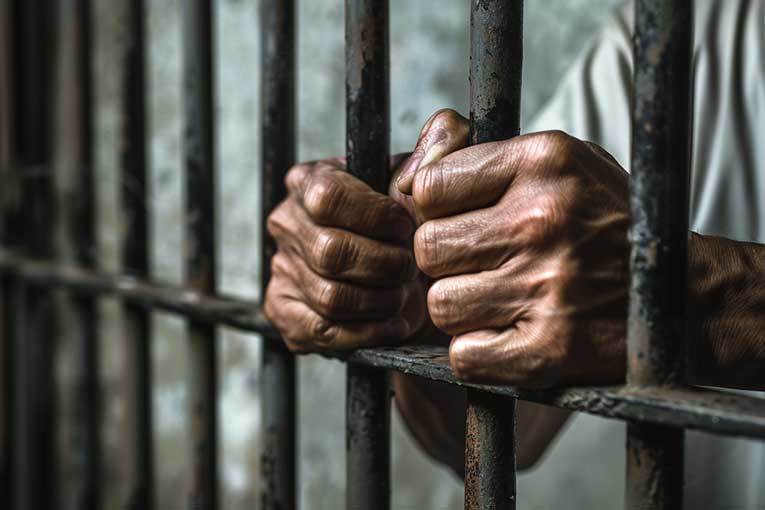NATIONAL NEWS

TINUBU GRANTS CLEMENCY TO KIDNAP KINGPIN WHO ABDUCTED MIKE OZEKHOME IN 2013
President Bola Tinubu has approved a presidential pardon for Kelvin Oniarah Ezigbe, the convicted kidnapper who abducted prominent lawyer Mike Ozekhome (SAN) in 2013.
Ezigbe, a well-known kidnap kingpin from Delta State, was among 175 inmates granted presidential clemency after the National Council of State’s recommendation. His 20-year prison sentence was reduced to 13 years for what the government described as “showing remorse” and “pursuing education through the National Open University.”
Before his arrest, Ezigbe had built a chilling reputation in the Niger Delta, terrorizing communities around Kokori in Delta State. He led a deadly gang responsible for several high-profile kidnappings, including the abduction of Ozekhome and his driver on the Benin-Auchi highway in August 2013.
The incident took a bloody turn when four police officers were ambushed and killed while trying to rescue the lawyer. Ezigbe’s gang was also linked to the kidnapping of Hope Eghagha, a former Delta State commissioner, and the killing of two prison officials during a separate attack.
Following a manhunt, security operatives arrested Ezigbe and five of his men in Port Harcourt in September 2013. During his trial, he described himself as a “freedom fighter” demanding development for his oil-rich Kokori community.
After years in detention, he was convicted in October 2023 by Justice Binta Nyako of the Federal High Court, Abuja, for terrorism-related offences and kidnapping. His sentence was set to start from the date of his 2013 arrest.
The decision to grant him clemency, announced by presidential aide Bayo Onanuga, has sparked widespread public criticism, with many Nigerians questioning why a man convicted of violent crimes received such leniency.
While the government frames the move as part of a broader justice reform and rehabilitation effort, critics argue that freeing or reducing sentences for violent offenders sends a dangerous message and risks undermining confidence in the justice system.
As reactions continue to pour in, the case of Kelvin Oniarah Ezigbe serves as a flashpoint in the national debate over justice, mercy, and the limits of presidential power.
"This represents a significant development in our ongoing coverage of current events."— Editorial Board









